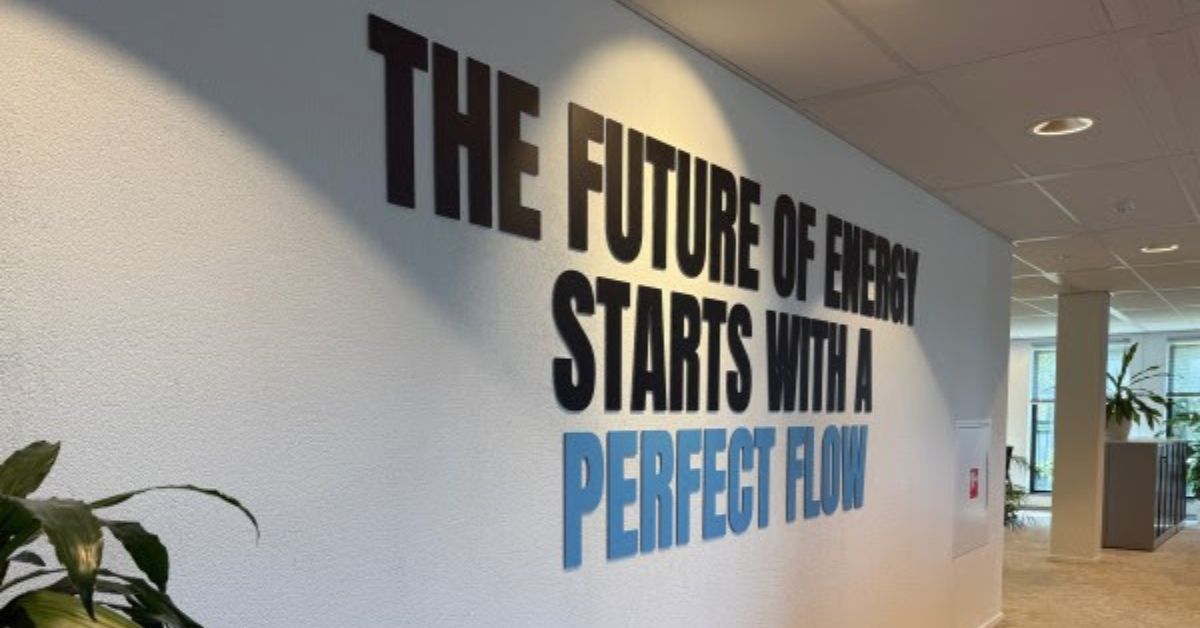The European Commission has announced a comprehensive “EU Startup and Scaleup Strategy” to boost the growth of startups and scaleups across the European Union.
The Strategy aligns with the broader ‘Choose Europe’ initiative, launched by President von der Leyen.
“This truly is a worldwide, unprecedented proposal of rulings and initiatives to support the disruptive growth of startups. The result of a long push, by many organisations, and even more people,” says Lucien Burm, President Dutch Startup Association, in his LinkedIn post.
This initiative focused first on the science component, promoting a unified European approach to attract and retain talent, thereby strengthening Europe’s competitiveness.
Startups and scaleups are important for Europe’s future, however, many of these companies still find it difficult to turn ideas into products and grow within the EU.
The Strategy addresses these challenges by supporting them throughout their lifecycle, from startup to scaling up, maturing, and succeeding here in the EU.
The strategies
It identifies the key needs of startups and scaleups and puts forward a set of actions in five main areas:
- Fostering Innovation: The Single Market Strategy aims to support startups and scaleups by reducing fragmentation and administrative burdens. A proposed European 28th regime will simplify regulations around insolvency, labor, and tax laws. The European Business Wallet will create a unified digital identity for businesses to interact with public administrations, while the forthcoming European Innovation Act will promote regulatory sandboxes for innovation.
- Supporting Market Expansion: The Lab to Unicorn initiative will accelerate the transition from lab to market. It will connect university ecosystems and provide guidance on licensing and commercializing intellectual property.
- Attracting Talent: To attract skilled workers, the Blue Carpet initiative focuses on entrepreneurial education and simplifies tax rules around employee stock options. The Commission will promote the Blue Card Directive and encourage fast-track schemes for non-EU founders.
- Enhancing Access to Resources: The Strategy aims to reduce time-to-market by simplifying access to technology and research infrastructures through a Charter of Access for industrial users.
Expanding the European Innovation Council (EIC) to improve finance
One of the important strategies is to expand the European Innovation Council (EIC), which plays a vital role in fostering innovation and entrepreneurship across Europe.
The Savings and Investments Union initiative is important for creating more financing and investment opportunities in the EU.
To support this, the Strategy plans to expand the European Innovation Council, create a “Scaleup Europe Fund” to help deep tech companies get financing and develop a European Innovation Investment Pact to encourage big investors to put money into EU funds, venture capital, and unlisted scale-ups.
“One main risk I immediately see after reading first: an over-focus on deep tech and university pipelines. Most successful startups come from elsewhere. Startups come from friction, not faculty. From grit, not grants. This bet might prove too narrow,” adds Burm.
As a part of the process, the EIC will be simplified and expanded to provide better funding opportunities for startups and scaleups, bridging the financing gap for deep tech companies and including more ARPA-like processes.
Better funding is crucial for startups and scaleups, and this move is expected to open new channels for investment opportunities, stimulate innovation, and drive economic growth.
The Commission will monitor the progress of this strategy through key performance indicators, focusing on the increase in the number of startups, scaleups, centaurs (companies valued over €100M), and unicorns (companies valued over €1B) within the EU.
A comprehensive report on the implementation of these initiatives is expected by the end of 2027.
Allied for Startups’ response to EC’s strategy
Allied for Startups (AFS) has expressed strong support for the European Commission’s focus on turning Europe into a destination for startup growth.
“We are particularly encouraged by the suggested 28th regime, the promise of simplification through the upcoming European Innovation Act, and the ‘founders choose their own destiny” approach to mergers and acquisitions. These, along with almost all the proposals suggested, are positive signals that align with the priorities AFS pushed for through the AFS Startup Journey and the EU Policy Hackathon,” says AFS in its blog.
However, AFS also raised caution about the EU’s continued reliance on regulatory leadership as a growth engine.
AFS expressed concerns regarding the EU’s ongoing dependence on regulatory leadership as a driver for growth.
While standard-setting is important, the group cautioned that additional proposals, such as the Digital Fairness Act and the Digital Networks Act, could unintentionally create uncertainty for entrepreneurs.
“Implementing this Strategy is crucial, as we no longer live in a world where the U.S. innovates, China replicates, and the EU regulates. Today, the U.S., China, India, and the Gulf states are all driving innovation, while the EU remains focused on regulation. The time for execution is now, and we look forward to seeing concrete measures take shape. AFS will closely monitor and engage in how these, along with the commitments outlined in the Communications on the Savings and Investment Union and the Single Market Strategy, translate into meaningful progress for startups across Europe,” it concludes.










01
These are the top UK-based PR agencies for startups and scale-ups in 2025